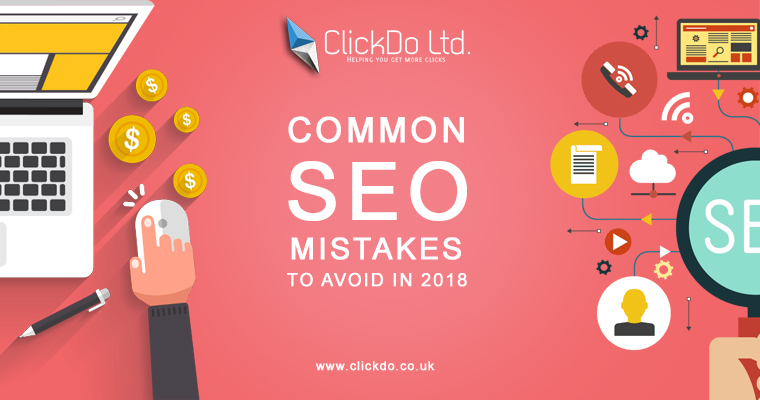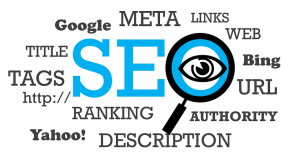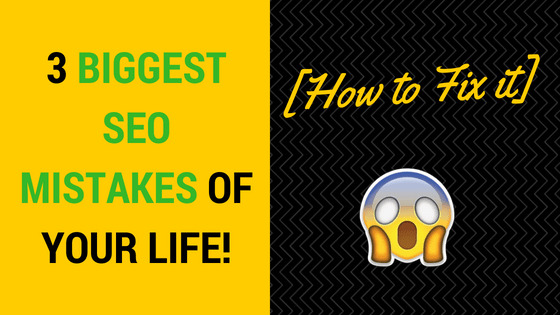The 3 Biggest SEO Mistakes You’re making! (How to Fix it)
I remember when I first got into SEO.
I didn’t have the slightest clue what I was doing.
All I knew was I wanted to get traffic to my website and make money and heard SEO would help me.
I went nuts!…
- I read every blog article I could find
- I listened to every SEO podcast I could find
- I read every infographic that could potentially boost my SEO skills
- I spent insane amounts of time watching SEO training videos
- Every time I would learn something new I would implement it
- I absorbed any and every piece of SEO content I could find
I was working 18 hours a day, 7 days a week.
 I hadn’t even been out with my friends for over a year.
I hadn’t even been out with my friends for over a year.
I blocked them off so I could learn the digital skills necessary to make me money online.
Investing every dime, nickel, and penny into SEO. I invested all my waking hours in learning digital skills.
I remember working from sundown, past midnight, and all the way into the deep afternoon.
Feeling sick whiles sitting on my computer. It felt like my computer screen was sucking the life out of my eyeballs, literally taking all the lubricant out.
My desk chair completely wrecked my back and the pain affects me to this day. I sucked up the pain and soldiered on to keep working.
 It was summer and my desk was at my window, it was absolutely scorching.
It was summer and my desk was at my window, it was absolutely scorching.
There was no way for me to move my desk setup since there was so much furniture.
And eventually my birthday came along, my mum asked me “What would you like?”
I said, “I don’t want a birthday.”
My birthday came and I was just sitting in the living room feeling pretty guilty about my self.
Inside I said to myself “You should be working.”
It was a freaking nightmare working so bloody hard.
I blame Elon Musk, he inspired me to work super hard.
Just kidding, I don’t blame Elon for any of my downfalls. However, he did inspire me.
After all this work, guess how much I made?
Under £700
That’s it.

I spent all my waking hours working hard and that’s all I had to show for it.
Guess what the problem was?
I made some of the biggest SEO mistakes possible…
…and guess what?
You’re probably making those SEO mistakes as well.
In this post, we’ll be identifying those SEO mistakes and how to avoid them.
Mistake 1 – Publishing quantity over quality
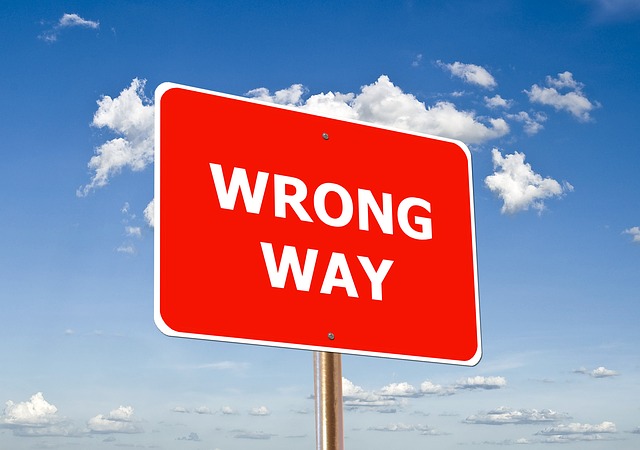 I was creating a ton of articles.
I was creating a ton of articles.
You might be thinking “Isn’t that a good thing?”
Well, it depends.
You see, I was creating a load of posts that were just 300 to 500 words.
These types of posts are thin and thin posts don’t rank well.
In fact, on average, the first spot Google ranking articles are on average 1900 words long.
I was going nuts publishing a ton of content.
What I should have done was to focus on big, heavy, really helpful, long word count posts.
Mistake 2 – Information overload

I was absorbing every piece of content I could get my hands on.
I didn’t care if it was an article, book, video, podcast or an image.
If it said anything about digital marketing, I was all over it.
Here’s where the problem came in…
I took in so much information I didn’t know how to expel it. I didn’t know where to begin, my brain felt like it was going to pop.
What I should have done was found a person that had the SEO skills and proven it. I should have purchased a course from them and only took the information from them.
You see, I did buy a course and it was terrible.
It taught me outdated information and really hurt my SEO.
I was practicing SEO techniques that didn’t work.
Mistake 3 – Afraid to spend money

You see, at the time I didn’t have much money and didn’t want to spend it.
I wanted to learn SEO 100% free.
This was a gigantic mistake and I knew it at the time.
I tried to get a job but it was really hard. I went to interviews and didn’t get the job.
I messaged marketing agencies and told them I would work for free. (I would work for free because I wanted to learn the skills)
However, I live in a small town in England and there were no marketing agencies in my area.
I believe the so-called agencies I emailed were just simple websites that someone had put up and didn’t do anything with it.
How do you fix all these problems at once?
Well, I’m glad you asked.
You see, it really pains me to look back and see all the mistakes I made.
All those hours of hard work, sacrifice, and dedication. For what?
I didn’t want anyone to go through what I went through.
So I created a course called the SEO Blueprint.
In this course, I take you step-by-step and teach you how to make money by ranking on Google.
If you’re serious about making money online then check out the SEO Blueprint.
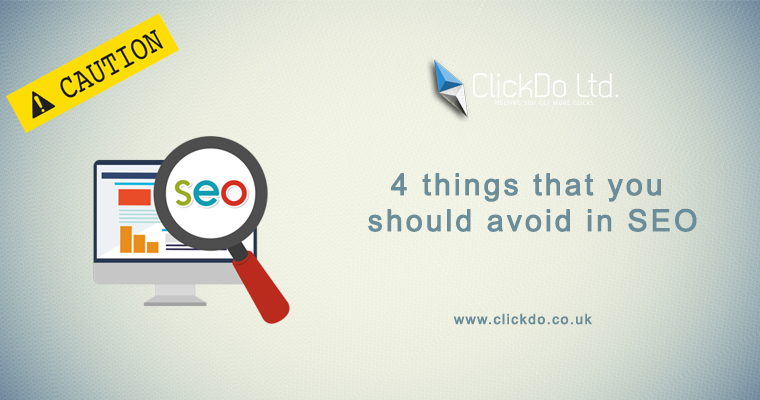
 Don’t Spoof Users:
Don’t Spoof Users: Don’t Stuff the Keywords:
Don’t Stuff the Keywords:
